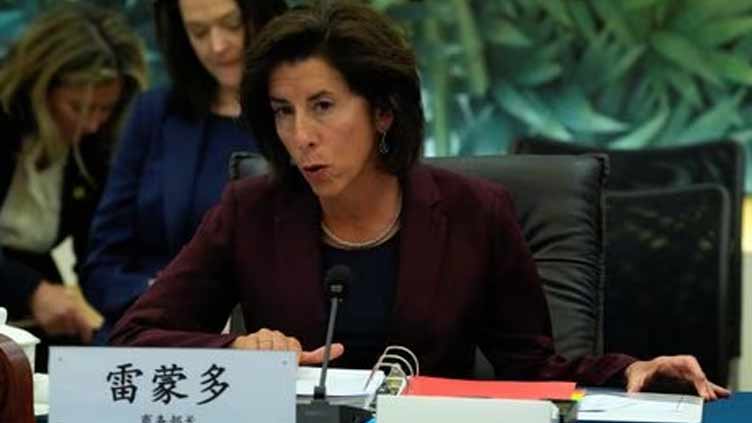Business
US and China agree to export control information dialogue

Business
All state-owned enterprises, except strategic ones, to be privatised: PM
All state-owned enterprises, except strategic ones, to be privatised: PM
Business
Power basic tariff hike is one of the IMF demands
Power basic tariff hike is one of the IMF demands
Business
Don’t raise tax rates, expand tax net. It will also help arrest inflation: Citibank
Don’t raise tax rates, expand tax net. It will also help arrest inflation: Citibank
-

 Sports3 months ago
Sports3 months agoSon and Bissouma ready for Spurs game with Brighton
-

 Sports3 months ago
Sports3 months agoSinisterra signs long-term deal with Bournemouth
-

 Fashion3 months ago
Fashion3 months agoGiorgio Armani catwalk blooms with florals at Milan Fashion Week
-

 World3 months ago
World3 months agoTaiwan ally Tuvalu names Feleti Teo as new prime minister
-

 pakistan3 months ago
pakistan3 months agoECP rejects Salman Akram’s plea for PTI affiliation
-

 pakistan3 months ago
pakistan3 months agoECP convenes emergency meeting today
-

 World3 months ago
World3 months agoTunisia court sentences ex-president Marzouki to 8 years in absentia
-

 Sports2 months ago
Sports2 months agoScaled-back opening ceremony for Paris Olympics to offer 326,000 tickets




















